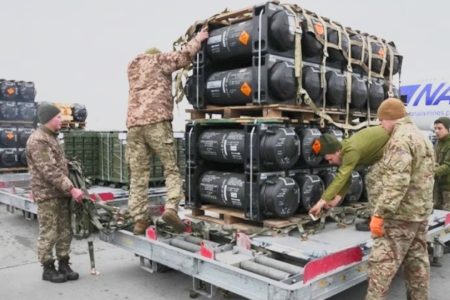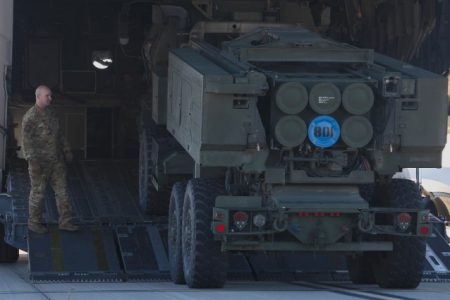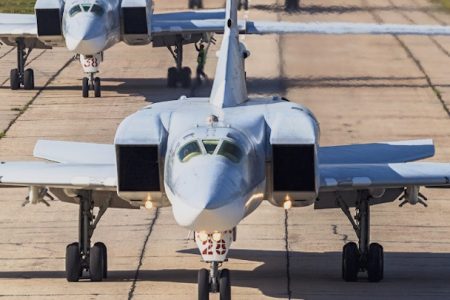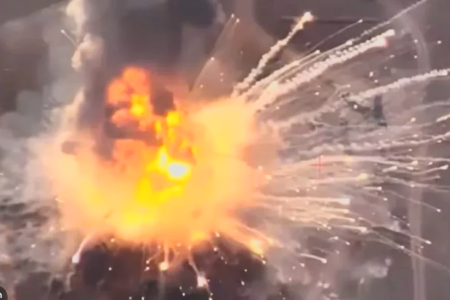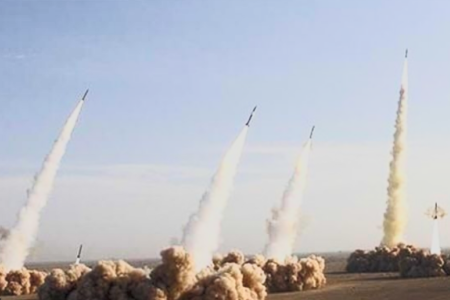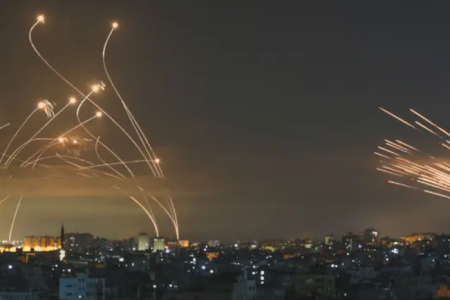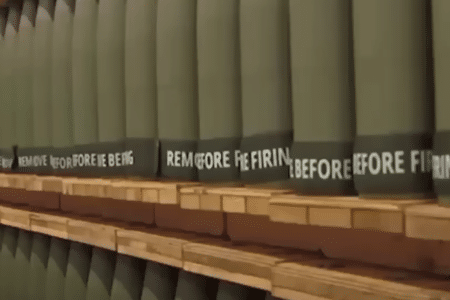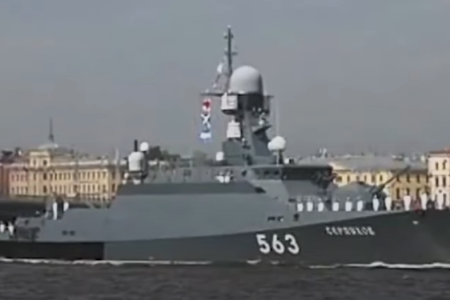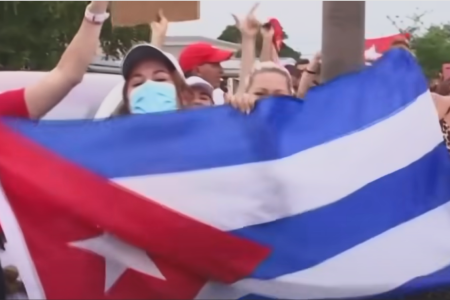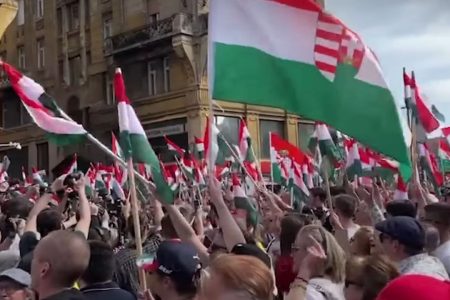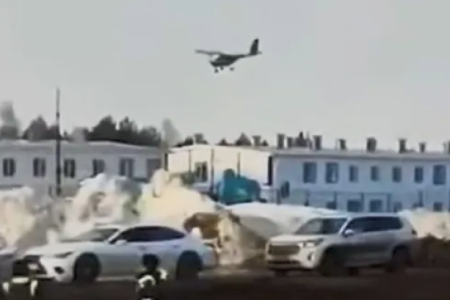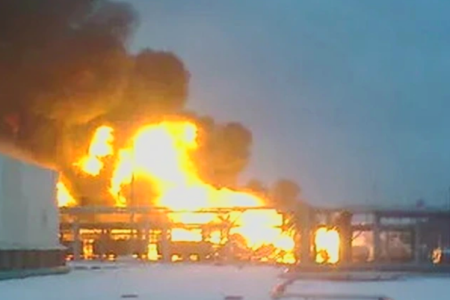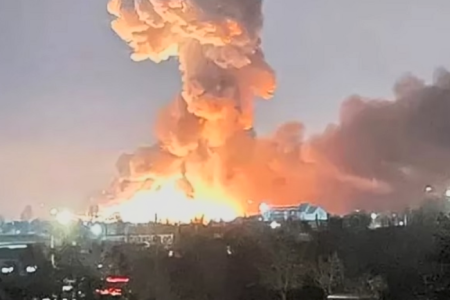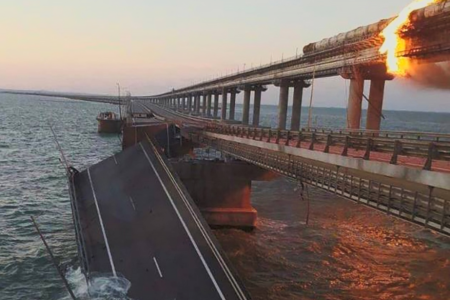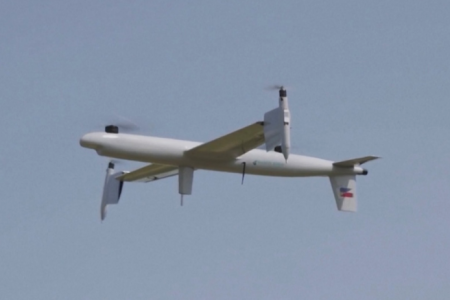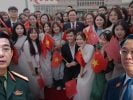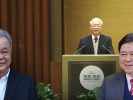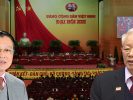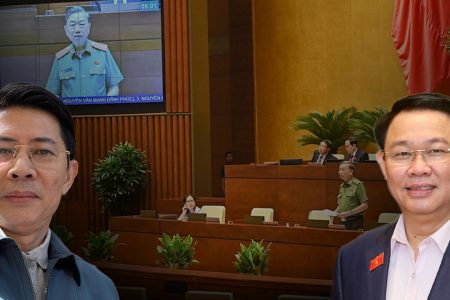The Government of Vietnam says it has been and is ready to play a leading role, a pioneering role, and contribute to the work of the region and the world.
But before discussing the international aspect, we should prioritize leading ourselves. To lead, it is very necessary to think of a breakthrough. First of all, is the breakthrough in issues adjacent to the security and development of the country.
Law of the Three Special Economic Zones
A prominent perspective on current security is the Law of the Three Special Economic Zones. Top experts in the country are “leading” the government to implement the Prime Minister’s instructions on three special zones. Mr. Nguyen Xuan Phuc promised to dialogue, listen and absorb opinions of the masses, old revolutionaries, domestic and foreign intellectual classes about the Law of the Three Special Zones.
Many people said that, because of the importance of Van Don, Van Phong, and Phu Quoc, after consulting senior officials and other circles, if any, the bill still has to put forward a referendum.
But whether the “new” government and especially the “new” Prime Minister has come here to think so is that we do not know yet. In this case, diplomacy is very difficult to lead, and sometimes even “led” is different.
The western, northern, and northeastern slopes of Vietnam were blocked from the exit. If the Three Special Economic Zones bill is passed, the remaining directions are also blocked. Vietnam would be in a very uncertain security situation.
If a warlike 42 years ago happened, how would the new leadership team in Vietnam handle this situation?
Another problem is that it is necessary to lead the way to resolve the unsettling feelings recorded in public opinion. Diplomacy must answer the question: With the Sino-US tensions escalating in many areas, especially in the East Sea (South China Sea) today, will China fight Vietnam? If China attacks, it would start in the sea (the Truong Sa or Spratlys) first or attack the mainland first?
Even more insecure, after the 13th National Congress of the ruling Communist Party of Vietnam, the Chinese Minister of Public Security was the first and only high-ranking foreign official to come to Vietnam, said to congratulate the congress’s success but when he met the General Secretary, the President and the Prime Minister of Vietnam, he declared the visit aimed to thoroughly grasp this perception, to grasp that perception …
Internal and external affairs are one
If Vietnamese diplomacy can contribute effectively to solving common problems, its internal forces must be strong. With strong domestic strength, foreign relations will be effective the country may have hope to lead the ASEAN bloc. Vietnam must “have good relations with all countries” but not “dispute with all.”
Prime Minister Nguyen Xuan Phuc seems to feel this, so he himself called for the time to reform institutions to create a breakthrough in development. Experts hope that the next PM will continue the works of the previous government. It is institutional reform, shifting to a digital economy and promoting the role of the private economy, improving the efficiency of state-owned enterprises.
This reform – what experts call “Doi Moi-2” – Diplomacy can play a part. Diplomacy should become a catalyst to “synchronize” a number of ragged domestic institutions with regional and global institutions that Vietnam has committed so far. Bilateral and multilateral agreements signed during the decade of extensive and comprehensive integration are money to facilitate diplomacy to contribute to the internal governance.

Foreign and internal affairs to come here must be two sides of the same coin, becoming a whole policy integrated from domestic and international dynamics. Diplomacy is a suitable channel for Vietnam to convey some progressive and universal values. Vietnam needs to have a clear and transparent attitude through a number of credible diplomatic moves. We cannot see the military coup in Myanmar just recently as a “riot” but must call things with the right name. Must be active in making initiatives to promote democratization in Myanmar and condemn the military regime.
When meeting with ASEAN foreign ministers, we have not actively proposed anything, which is regrettable. If Vietnam is one of the members of “ASEAN Trojka” as proposed by Indonesia, Malaysia, and Singapore, we can increase the intermediate power between Vietnam and Myanmar and thereby between ASEAN and the region and the world. That is an effective guide.
In the Southeast Asian arena, the complexity of Sino-US relations is indeed a challenge for most ASEAN members. Vietnam is not an exception. Because, this position has always been a strategic crossroads, where the interests of the great powers intersect and largely collide.

Today’s rivalry between China and the US is just another stage of a dynamic that has been embedded for centuries in the region’s vital instincts. Vietnam is of course at the same time, both preventive, balanced, but also “drenched in the rain” (hedge, balance, and bandwagon). This is in the “political genes” of Vietnam in history.
The Communist Party of Vietnam of course cannot underestimate the political-economic relations with China, but the majority of Vietnamese leaders do not simply structure the relationship between Hanoi and Beijing on the basis of ideological basis, trade, or investment. Nationalism remains a powerful force in relations.
The difficulty for the “new” government is that, when there is a deadlock or tensions in relations, Beijing often invokes “big” or “high-level agreements” as “fuzzy assemblies” that only very few Hanoi leaders fully grasp the specific content. Moreover, the balanced policy is easy to transform into a “swing of the rope” with unpredictable consequences
For the US is also a difficult test of how diplomacy leads policymakers to lay the foundation for a “strategic partnership” between two countries that share a common interest and vision. Vietnam is practically stuck geopolitically between the US, the dominant power, and China, the emerging power.
Most observers believe that Vietnam can continue to maintain a “dynamic balance” position between China and the US, while some others worry that Vietnam may become a victim of increasing stress between the two powers. But with good leadership, Vietnam could move closer to the US by adopting a “soft linkage framework with the US” in which Washington provides more support for Hanoi’s defense and security needs.
In return, the US could win Vietnam’s “strategic trust” by responding to Hanoi’s key concerns, that is, not interfering in domestic politics and with no intention of overthrowing the communist regime. At the same time, Vietnam, as a middle power, needs to invest more in promoting peace and stability in the region.
Lesson “people with times”
One of the new fields, according to the leaders of the Ministry of Foreign Affairs, is that Vietnam will actively participate in the process of shaping regional structures, building regional, inter-regional, and global frameworks.
Previously, we could not have envisioned a new global security structure such as the “Free and Open Indo-Pacific” (FOIP) of the “Quad” which includes Australia, Japan, India, and the US. Just two years ago, no one thought ASEAN would react positively to that geopolitical framework and affirm an AOIP (ASEAN’s view on FOIP). FOIP has just appeared a second “Quad” in Europe – “Quad” across the Atlantic – including the US, France, Germany, and the UK.
For ASEAN countries, including Vietnam, turning the “Quartet” into a collective security organization to deal with China will force governments to choose sides. But “side selection” is a challenging mission. Therefore, the observers were somewhat surprised when Major General Do Le Chi – Director of the Department for Science, Strategy, and History of the Public Security, under the General Department of Intelligence – made a public statement in the country about the possibility of forming a military alliance “NATO in Southeast Asia” and the role of Vietnam in that regional alliance.
According to Ph.D. Do Le Chi, the question is not whether or not to join, but the point is Vietnam needs to proactively promote the formation of a multilateral security organization, bound in the region, for the benefit of all. For a long time, we have always advocated proactive integration, but sometimes we are still passive. Big countries implement policies that we have to weigh and measure whether to participate or not. This shows that our leading role is not always high.
Does the “new” Vietnamese government really promote the FOIP vision? And reconsider the defense philosophy of “four no“? On the economic pillar, the answer may be “yes.” The 3rd Annual Indo-Pacific Business Forum (IPBF-3) that took place in Hanoi last year was clear evidence. But on the security pillar, especially in China’s “containment” dimension, the answer will most likely be “not yet.” Meanwhile, “The Quartet” encouraged Vietnam to become a “close watch” member of FOIP (shadow member).
It is worth mentioning that, between FOIP’s pillars, the boundary is not always clear. Last summer, Secretary of State Mike Pompeo announced that the US was pushing to build a “Network of Economic Prosperity,” with the participation of Vietnam. This network was formed on the basis of “The Four,” which Washington considered an important highlight in the trade policy promoting global economic development after COVID-19.
With all the issues highlighted above, the question here is what will the new government in Vietnam have to do, so that the Vietnamese diplomacy can really lead, be able to take the lead in the security landscape in acceleration, or is “swept with the wind” and then let the times lead?
*Ph.D. Dinh Hoang Thang is currently the Communications Director of PLD Institute – Institute for Policy, Law and Development Studies in Hanoi.
Thoibao.de (Translated)




